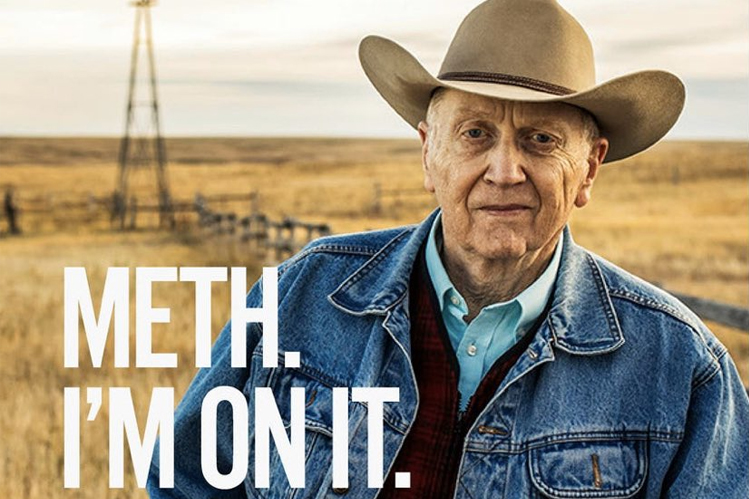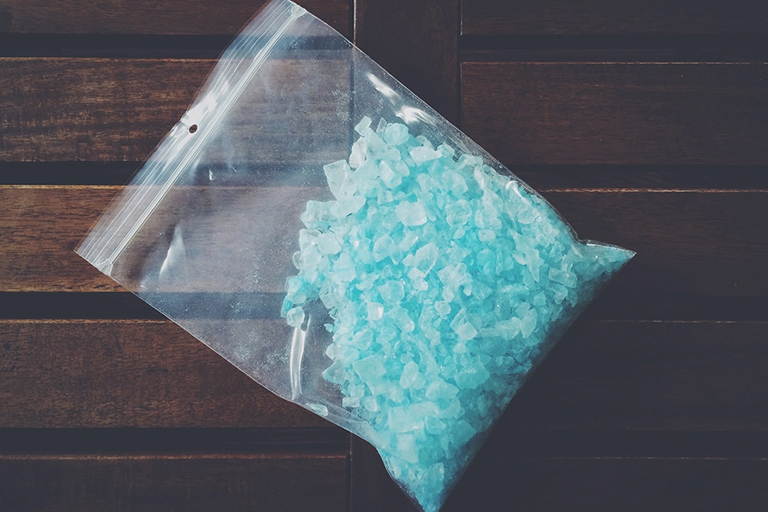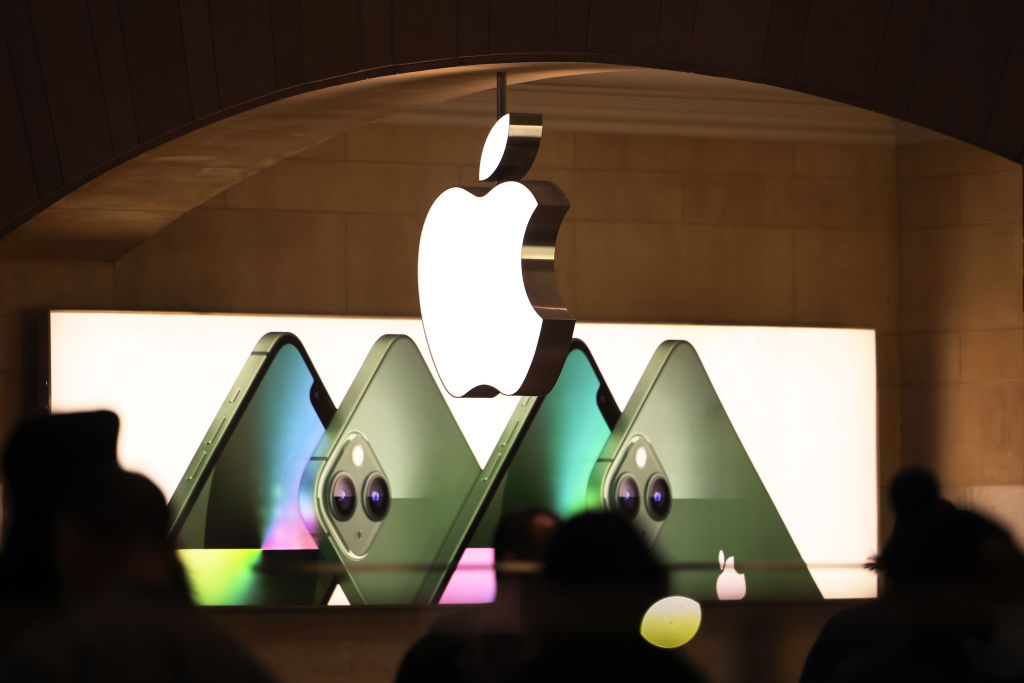It was probably the most people have discussed meth since the Breaking Bad finale: the state of South Dakota unveiled its new advertising campaign designed to address the methamphetamine crisis, and it became an instant sensation.
With the tagline ‘Meth: We’re On It’ and ads featuring a diverse array of people declaring ‘I’m on meth’, the campaign is designed to ‘get people talking about being part of the solution, not just the problem, when it comes to the state’s meth epidemic’ according to the Sioux Falls Argus Leader.
The internet, meanwhile, wondered whether the creators of the campaign were aware of the double entendre of being ‘on meth’, and by the end of the day on Monday, both ‘Meth’ and ‘I’m On It’ were trending not just on South Dakotan Twitter but nationwide.
Terrible advertising goes viral easily. What’s different here is that seemingly the state of South Dakota, or at least its advertising agency, was completely aware that this kind of campaign would get people talking. (The agency, Minneapolis-based Broadhead Co., did not respond to a request for comment.)
South Dakota launches new anti-meth PR campaign (paying the ad agency 450k to develop it).
“Eighty-three percent of South Dakota's 2019 court admissions for controlled substances are related to meth.”https://t.co/z0MI2QmRDd pic.twitter.com/s3C2zlZvkZ— Alex Thompson (@AlexThomp) November 18, 2019
In that regard, ‘Meth: We’re On It’ is brilliant. The thing is, the internet loves a heavy dose of cringe, and if you do something so face-palmingly awkward that the entirety of Twitter rallies to make fun of you, it’s a recipe for guaranteed attention. Indeed, trending alongside ‘Meth’ and ‘I’m On It’ on Monday was ‘High Hopes’, the name of the Panic! at the Disco song to which volunteers for presidential candidate Pete Buttigieg have choreographed a dance that looks like something off a basic-cable knock-off of The Mickey Mouse Club. In the case of the earnest Buttigieg volunteers, it’s unclear whether they knew the dance would likely go viral because of how many people were eager to poke fun at them, but it’s certainly what made it popular.
South Dakota governor Kristi Noem tweeted in response to the ‘Meth: We’re On It’ sensation that ‘the whole point of this ad campaign is to raise awareness. So I think that’s working.’ But it’s reopened an old ethical debate that’s long plagued drug addiction-related PSAs: are cheap, attention-grabbing tactics acceptable if it’s in the name of a good cause?
Drug addiction-related PSAs, after all, have a history of getting attention for reasons that are considerably worse than this one — scare tactics, the demonization of addicts, and frequently inaccurate information. They’ve been credited with reinforcing the same stereotypes that led to racist anti-drug policies. And whether it was ‘Reefer Madness’ or ‘This Is Your Brain On Drugs’, they largely were found to be ineffective in convincing young people to stay away from illegal drugs because they made the substances in questions seem edgy and cool.
The South Dakota campaign is different in a sense because it’s not designed to warn kids to stay away from drugs, but to draw attention to a very real addiction crisis that shouldn’t be trivialized. That’s where it’s drawn much of its criticism: that it’s being cheeky and flippant about a serious problem that’s driving more overdose deaths in the western US than any other drug. The campaign seemed exploitative.
But advertising is, in a sense, inherently exploitative. It’s pushing messages that aren’t the messages we were intending to see, whether it’s a commercial that bifurcates our favorite crime drama or a set of banners popping up around a news article we want to read. And with the number of ads we see each day now well into the thousands, the tactics needed to make one memorable often capitalize on the ability to create a sensation — outrage, hyperbole, and shock value. It’s even tougher for a PSA like this one, where building a brand isn’t part of the strategy. It’s all about retaining a message without the presence of an accompanying product like a can of Coke or an Apple laptop that consumers presumably will actually want.
In other words, this was a ‘damned if they do, damned if they don’t’ situation. A straightforward, boring ad campaign about the dangers of methamphetamine would be just that — boring. It would have been money wasted. And all too many anti-drug PSAs have avoided the trap of being boring by resorting to scare tactics. If you ask me, capitalizing on the internet cringe factor is a far lesser offense.
Memorable advertising really can work. But in the end it’s all about what’s able to get attention. And attention, well, it’s a hell of a drug.


























